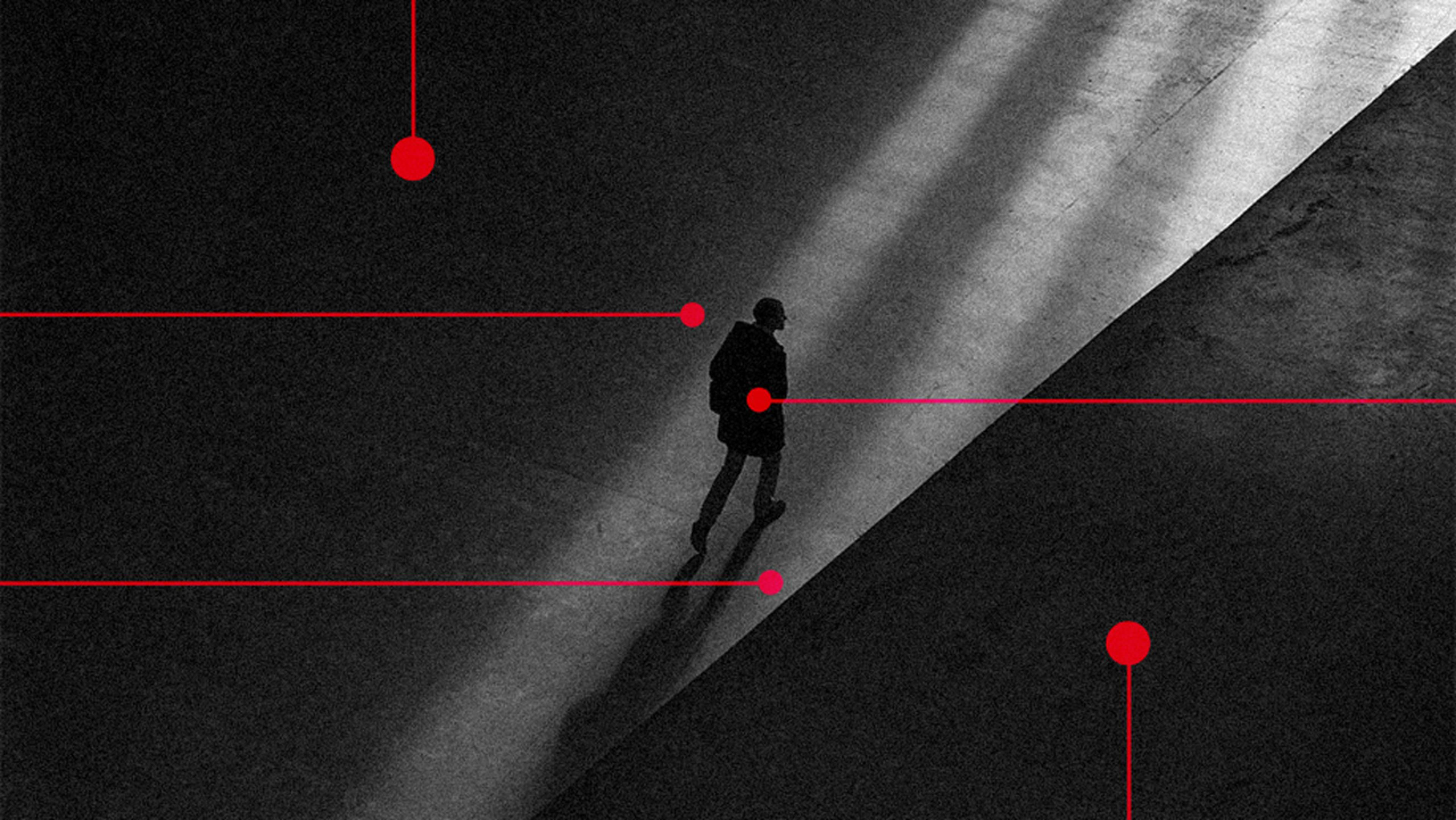AI is rapidly changing the nature of work, taking over many of the lower-level tasks that we don’t particularly enjoy doing. But that automation comes at a cost: According to a new study, the technology is torching employee well-being.
Employees using AI are more likely to experience loneliness and insomniac episodes and fall into bouts of heavy drinking, the study found.
“The rapid advancement in AI systems is sparking a new industrial revolution that is reshaping the workplace with many benefits but also some uncharted dangers, including potentially damaging mental and physical impacts for employees,” says Pok Man Tang, lead author on the study and an assistant professor of management at the University of Georgia.
Tang and his colleagues looked at workers across four workplaces in four different countries—surveying 794 employees in all. Over the course of surveys conducted in spring 2021 and spring 2022, workers were asked to rate their feelings of loneliness, anxiety, and sense of belonging within the world. They were also quizzed about how they slept, and how much they drank after work.
First, the researchers surveyed engineers at a Taiwanese biomedical firm. Within that group of 166 employees, there was a correlation between use of AI and feeling lonelier, which was, in turn, correlated with drinking more, and sleeping less.
“It’s quite troubling findings,” says Stefan Stern, a visiting professor at Bayes Business School in London who was not involved in the research. “And it’s highly plausible that a lack of human contact could be quite destabilizing for many people—quite upsetting, disruptive, and perhaps lead to some of those excessive behaviors that are described.”
The research comes at a time when AI is being alternately described as either the savior of the workplace, or the destroyer. Goldman Sachs forecasts that the power of generative AI could improve global GDP by 7% in the next decade by unlocking productivity. Yet, at the same time, AI was responsible for 4,000 job losses last month, according to one analysis.
Another HR expert, Gem Dale, however, cautions against drawing too strong conclusions from a single paper. “We should not read this single piece of research and draw a conclusion that using AI will necessarily lead to these outcomes,” she says. “Workplace well-being is a complex, multidimensional construct that is hard to define and equally difficult to measure.”
The findings were repeated at an Indonesian property management company, where half of the 126 staff members used AI tools—though there, the drinking wasn’t as common (perhaps because nearly 9 in 10 Indonesians are Muslim, and don’t drink). A further survey of more than 200 U.S. employees and nearly 300 workers at a Malaysian tech company showed similar results.
“Humans are social animals, and isolating work with AI systems may have damaging spillover effects into employees’ personal lives,” says Tang.
Recognize your brand’s excellence by applying to this year’s Brands That Matter Awards before the final deadline, June 7.
Sign up for Brands That Matter notifications here.
